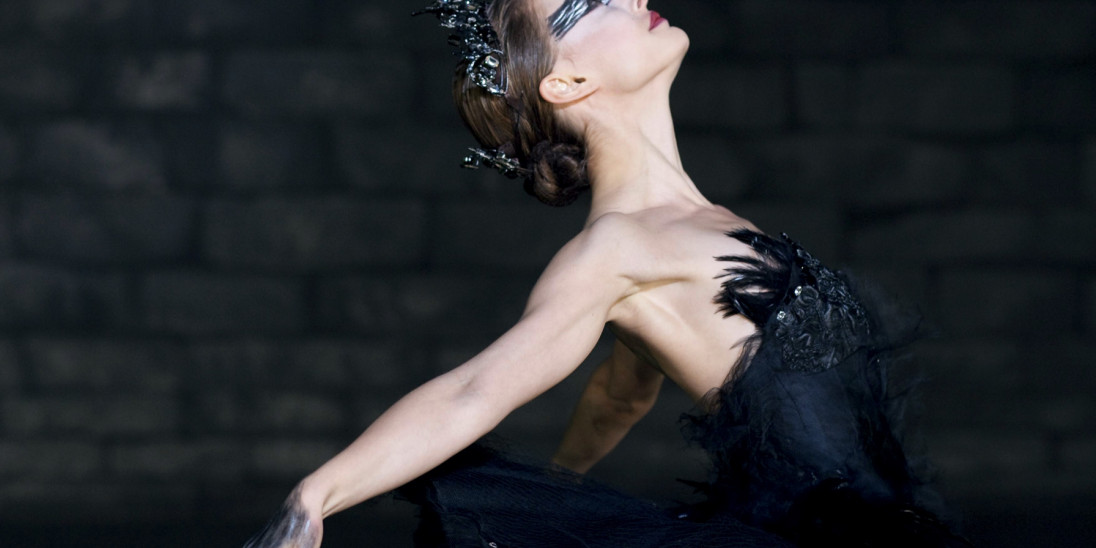Black Swan(2010)
Psychological horror from director Darren Aronofsky that follows a leading ballerina undergoing a dramatic and dark change in character.
Certificate
Age group16+ years
Duration103 mins



Darren Aronofsky’s “Black Swan” starring Natalie Portman, examines the physically demanding art of Ballet while experimenting with themes such as drama and horror to create an enthralling experience to haunt the audience without following the established traits of those genres. As a result, we have a relentlessly entertaining film that with skilful manipulation of mirrors urges the viewer to question the reality of the events on display that provides a dichotomy which makes the film persistently captivating.
This technique utilised by Darren Aronofsky is significant of the film’s central theme of the duality of one’s self. This theme is embodied by the innocent Nina Sayers (Natalie Portman) having to represent the character of the Black Swan a creature of lustful and impulse desire after she receives the coveted role in Tchaikovsky’s ‘Swan Lake’. The personality is antithetical to her own that closely mirrors that of the White Swan. Nina is coerced by her lubricious director Thomas Leroy (Vincent Cassel) to discover this side of her personality that dives into progressively iniquitous depths while living under the shadow of her inescapably obsessive mother, Erica (Barbara Hershey).
When delving deeper into these depths, Nina loses grasp on reality. Mila Kunis’ Lily who is a significant character who dials back the surrealism and grounds the narrative into reality once more due to a calculated performance and script. Regularly Lily Is observant of Nina’s declining perception of reality and provides an essential derisive perspective on the matter. As a sexually repressed woman, Lily not only draws her back to reality but draws Nina closer towards adulthood and independence.
The film confidently blurs the line between thrilling and horrific scenes where a palpable sense of horror is felt primarily in the intense scenes of bodily self-harm. Due to the excellent visuals and editing these scenes are impactful with the use of the juxtaposition of black and white blatantly portraying the theme of darkness against innocence thus implying good vs evil. However, there ’s an underlying notion of ambiguity incorporated by the director through the use of colour in the costume and production design reliant on what circumstances the characters are in. Also, Mark Heyman, Andres Heinz and John McLaughlin’s script must be commended for inviting the audience to question the film and seamlessly blending Nina’s own story with that of “Swan Lake” itself.
“Black Swan” is a cataclysmic view of perfection and the devotion that is displayed by Nina to achieve it. The surreal and terrifying aspects shown through the protagonist is an incredulous surprise to someone like myself who knew very little about the film upon viewing. Certainly its an enthrallingly emotive and visceral experience. ‘Black Swan” is a raw and beautifully brutal film with the masterful use of pacing as the film slowly and gradually builds to a final act that is endowed with tension as Tchaikovsky’s score coalesces with Aronofsky’s narrative that intensifies into a stunningly devastating climax.
Print this review
Weird even for director David Lynch, this unsettling film centres on a naive wannabe actress Betty and glamorous amnesiac Rita.
Certificate